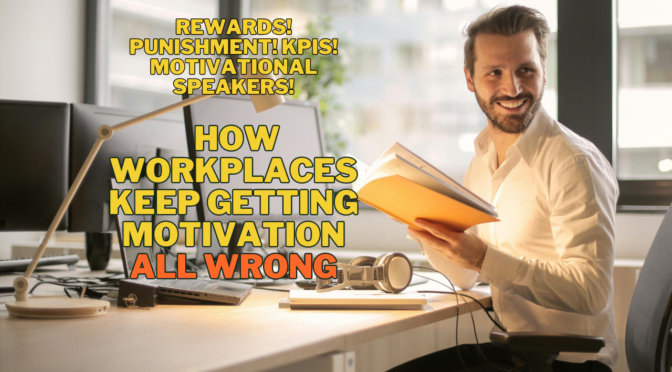Why is it, that you eat that extra helping of ice cream, even though you know full well, that it’s not good for you? Why do you smoke that cigarette and why don’t you go out and exercise? We may now have the answer!
It seems that we use our emotions short-term decisions and analytical thinking for decisions that have no immediate consequenses, according to a new study published on October 15 2004 by the National Institutes of Health.
For the study, a research team which included NIA grantee David Laibson, Ph.D., of Harvard University and the National Bureau of Economic Research in Cambridge, MA, asked 14 participants to choose between receiving money at an earlier or later date. For instance, a participant might be asked to choose between receiving $27.10 today versus $31.25 in a month; or $27.10 in two weeks versus $31.25 in six weeks. As the participants made these choices, their brains were scanned using functional magnetic resonance imaging (fMRI). This imaging tool enables researchers to measure second-by-second brain function in thousands of specific brain regions.
When participants chose between incentives that included an immediate reward, fMRI scans indicated heightened activity in parts of the brain, such as the limbic system, that are associated with emotional decision making. In contrast, deliberative and analytic regions of the brain, such as the prefrontal and parietal cortex, were activated by all decisions, even those that did not involve an immediate reward. However, when participants resisted immediate rewards and instead chose delayed rewards, activity was particularly strong in these deliberative areas of the brain.
“Our research suggests that consumers have competing economic value systems. Our emotional brain has a hard time imaging the future, even though our logical brain clearly sees the future consequences of our current actions,” Dr. Laibson says. “Our emotion brain wants to max out the credit card, even though our logical brain knows we should save for retirement.”
From my personal experience, I remember the first time I tried Bungee jumping. I’d signed up for it a week ahead, with a (in retrospect) rather cavalier attitude. Bungee jumping – pphhh. Thousands of people do it, rationally it can’t be that difficult or dangerous. But let me tell you, as the actual moment approached all the rational, logical arguments went out the window and I was SCARED!
One implication of this study seems to be, that if you want people to deal rationally with a threatening issue, it’s good to do it ahead of time, before the issue becomes immediately critical. Another implications is, that once the situation IS critical, emotions will come into the foreground. There is nothing wrong with that, you just need to appreciate it and to make room for expressing those emotions.





